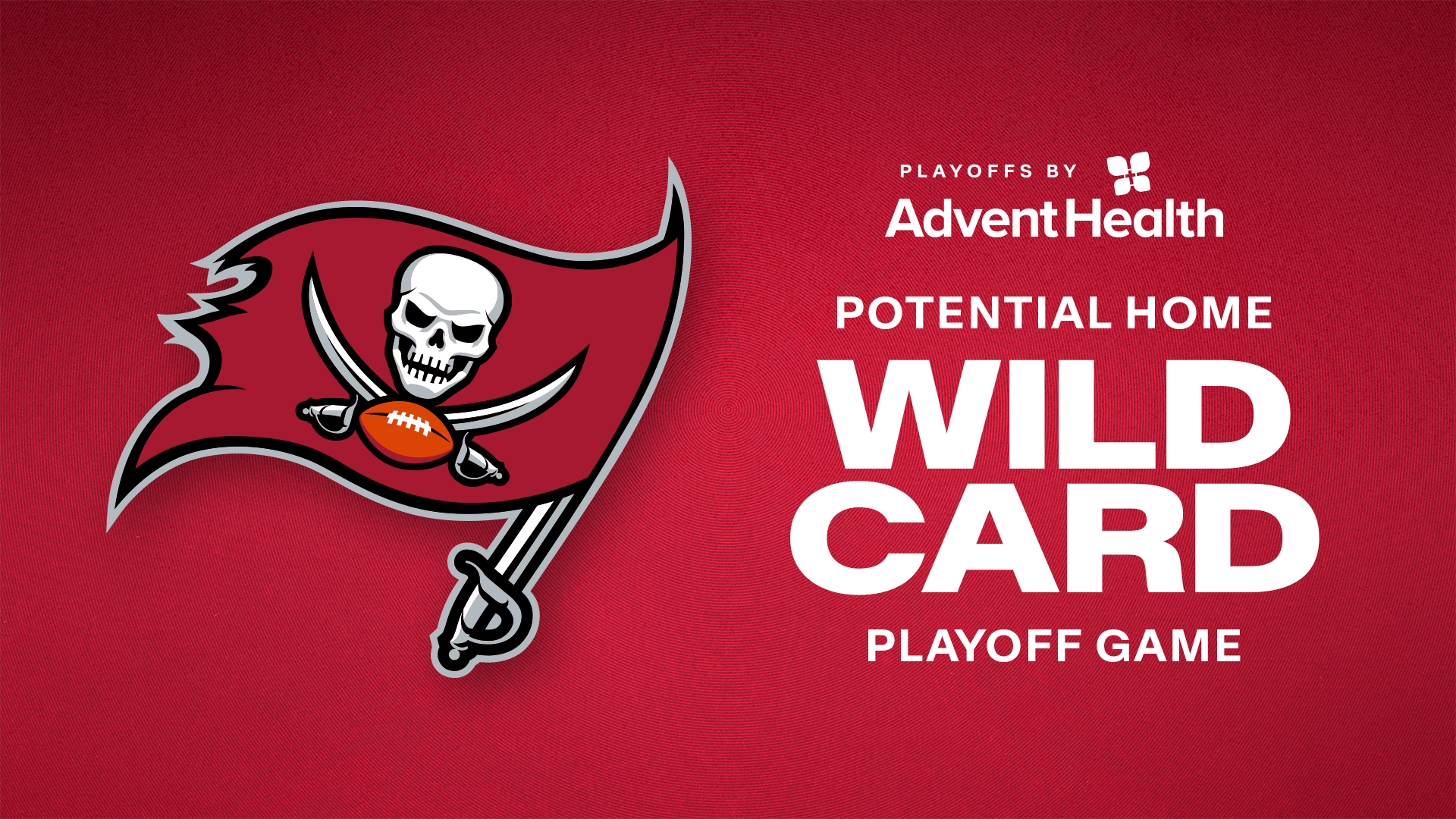Tight Ends Coach Ron Middleton believes strongly in accountability
(by Mike Scandura, NFLHS.com)
The defining moment in Ron Middleton's career didn't occur when he was a standout tight end for Escombia High in Atmore, Ala.
It didn't occur when he starred at Auburn in the mid-1980s.
It didn't occur during a 10-year NFL playing career with the Falcons, Redskins, Browns, Rams and Chargers.
It didn't occur during coaching stints at Troy State and the University of Mississippi.
Instead, it occurred when the Tampa Bay Buccaneers' new tight ends/assistant special teams coach was in ninth grade.
"The guy who had the most influence on me was my junior high head coach, Melvin Middleton (no relation)," said Ron Middleton, who assumed his first pro coaching position in February. "He helped build intangibles like toughness. He showed me how the game was played.
"Actually, I wanted to quit football and play (trumpet) in the band. I thought I was pretty good at it."
But Melvin Middleton thought otherwise, and the rest as the say, is history.
"In ninth grade I had to make a choice between band and football," said Ron Middleton. "I chose the band, but that didn't sit well with coach Middleton. I really respected him. He said I better be at football practice that evening, and I was.
"I wouldn't be here if he didn't take that approach."
The approach taken by then-Escombia Head Coach Buck Powell (who's currently the local superintendent of schools) also left its mark on Middleton, who graduated from Auburn in 1985 with a degree in pre-law/history, was named to the Dean's Academic Honor Roll several times, and was the Tigers' Offensive MVP in 1984 and 1985.
"Coach Powell was a mentor for me," recalled Middleton. "Just the way he went about his business, he instilled accountability. He was big on that.
"When I was there we were in the highest classification (4A), but in my senior year we dropped down to 3A and won the state championship. We played teams that were bigger than us. But we were pretty talented and had a bunch of guys who went on to play college ball."
Despite how well Middleton played in college, he still went undrafted. But he made the Falcons as a free agent in 1986 and eventually played in the 1989 AFC championship game with Cleveland. He became a champion with the Redskins in Super Bowl XXVI, when Washington beat the Bills, 37-24.
But when Middleton hung up his cleats after the 1995 season, he faced a decision that was more crucial than deciding whether to play trumpet or football.
"After I retired, the first thing I did was to enroll in the Princeton Law Review Class and I attended that for about a week, getting ready for the LSAT," he said. "That didn't enthuse me. My heart was on the football field and I wanted to be part of that.
"Even when I played I talked with a buddy of mine in college (All-American Jerald Robbins) and he was asking me about coaching. He saw coaching qualities in me and I also heard that from a lot of my friends. They said 'That's your deal.'"
Middleton's "deal" as a player helped shape his coaching philosophy.
"You have to be physical and play through the whistle on every snap, with big-time effort and intensity," he said. "I think it started with coach Middleton. Once I got to college, coach Pat Dye and my position coach, Wayne Bolt, said that's the way it is … it was their way or the highway.
"I know a lot of guys who came in during my freshman year and really couldn't make that transition. Bo Jackson, for example, wasn't our highest-rated running back coming out of high school. The guy who was didn't last."
Middleton's approach matches that of another intense coach, Tampa Bay head honcho Jon Gruden. Gruden hired Middleton, who spent the 2003 training camp with the Bucs as part of the NFL's Minority Coaching Fellowship Program.
"You want to be around guys like (Gruden)," said Middleton. "Guys like that are comfortable for me because we see eye to eye on preparation, how practice should be run and so on."
Middleton's first opportunity to implement his philosophy on the college level came during two years at Troy State as a tight ends/offensive tackles/special teams coach. Then, it was on to the University of Mississippi where from 1999-2003 he coached tight ends and running backs and was the special teams coordinator.
While he was at Ole Miss, the Rebels played in four bowl games and Middleton coached the 2003 Lou Groza Award winner, placekicker Jonathan Nichols, who set 15 school records.
Leaving Mississippi for his "dream job," coaching in the NFL, was another tough decision Middleton faced.
"I was part of the original coaching staff that came in with coach (David) Cutcliffe," he said. "I felt I had something to do with the success we had in rebuilding that program. Every player who was there, I had a hand in getting him there. A lot of these kids came to Ole Miss because of Ron Middleton and it was hard … it was like I was abandoning them.
"Then, I worked for a great guy in coach Cutcliffe. He gave me my first big shot. I only had two years at Troy State and I'll always be thankful for that."
Middleton also is thankful for the seasons he spent playing for Washington under legendary coach Joe Gibbs.
"Having been around the league and being associated with a lot of different people, coach Gibbs was a good man in that he wasn't afraid to say he made a mistake," said Middleton. "He wasn't afraid to say he was sorry. I respect him for that.
"You don't see that often in this game. No question, he's very professional and he cares about you. It just wasn't lip service to him."
























